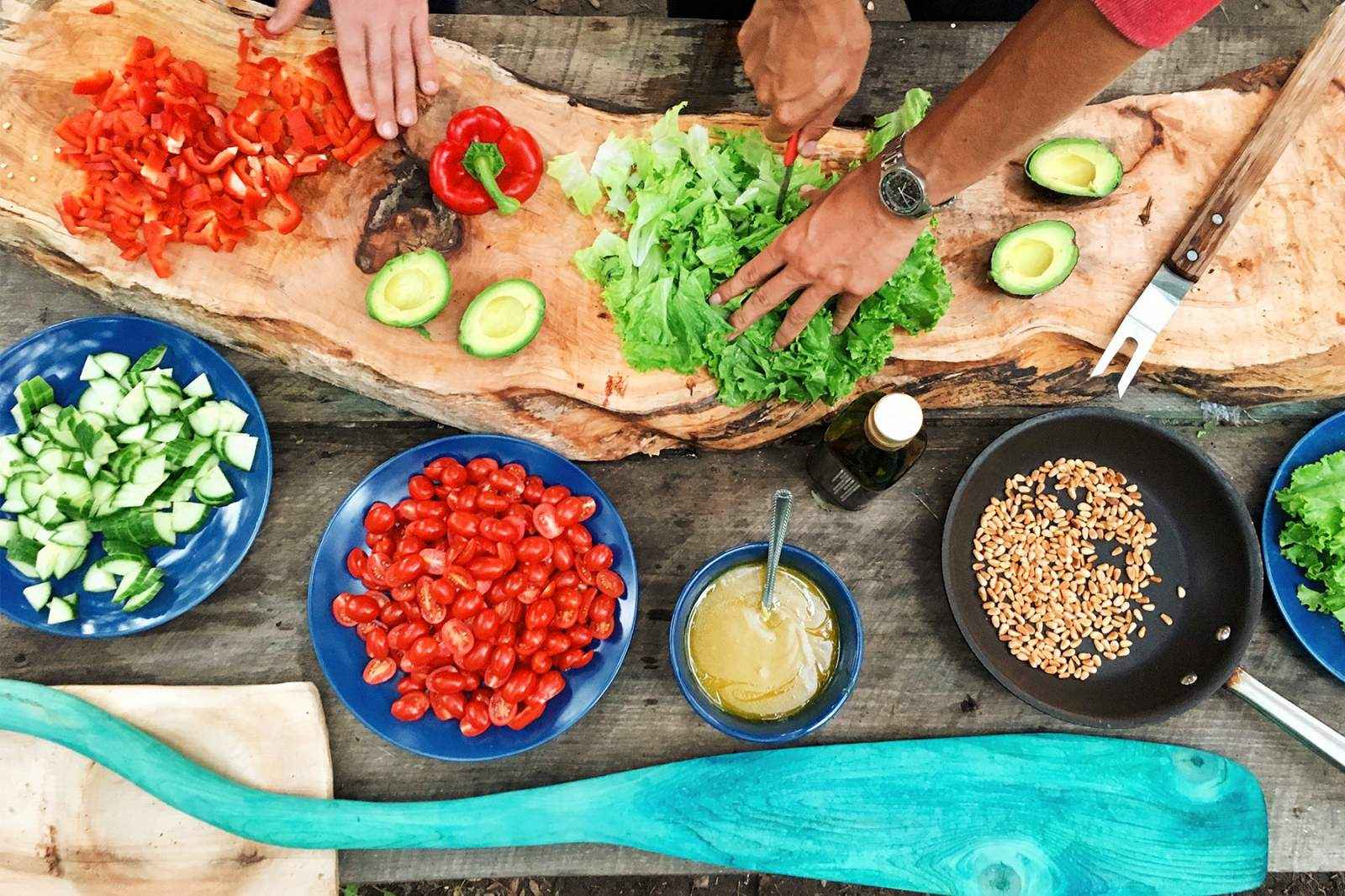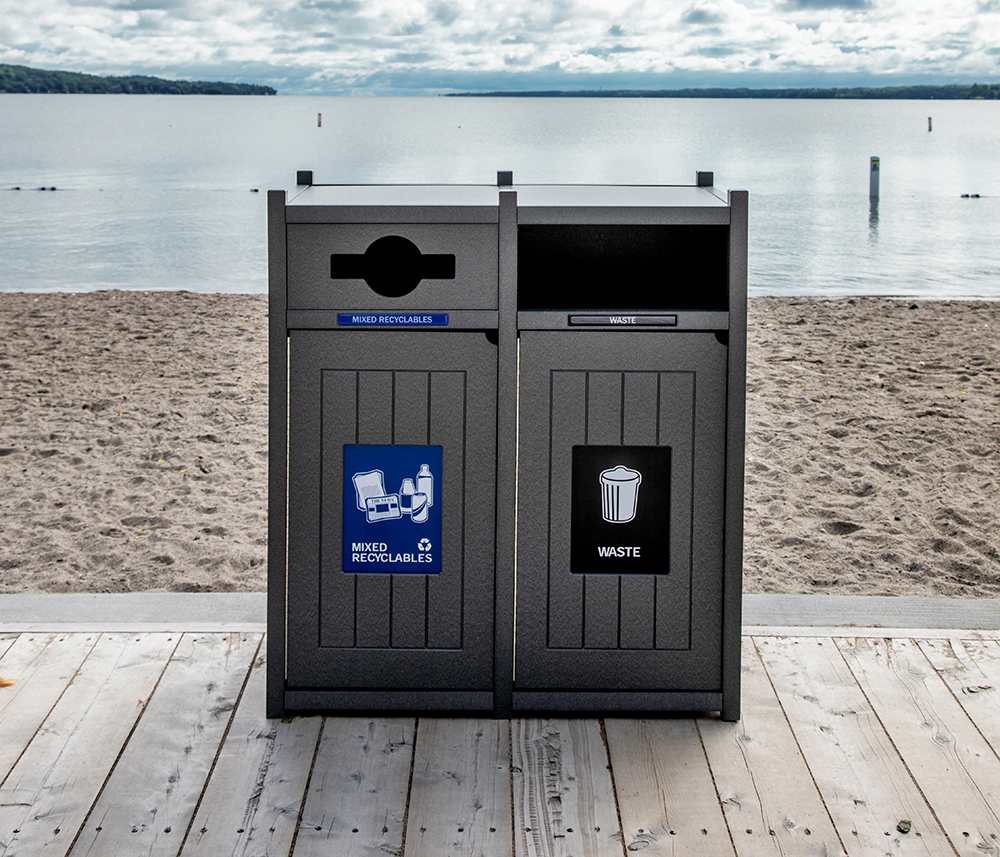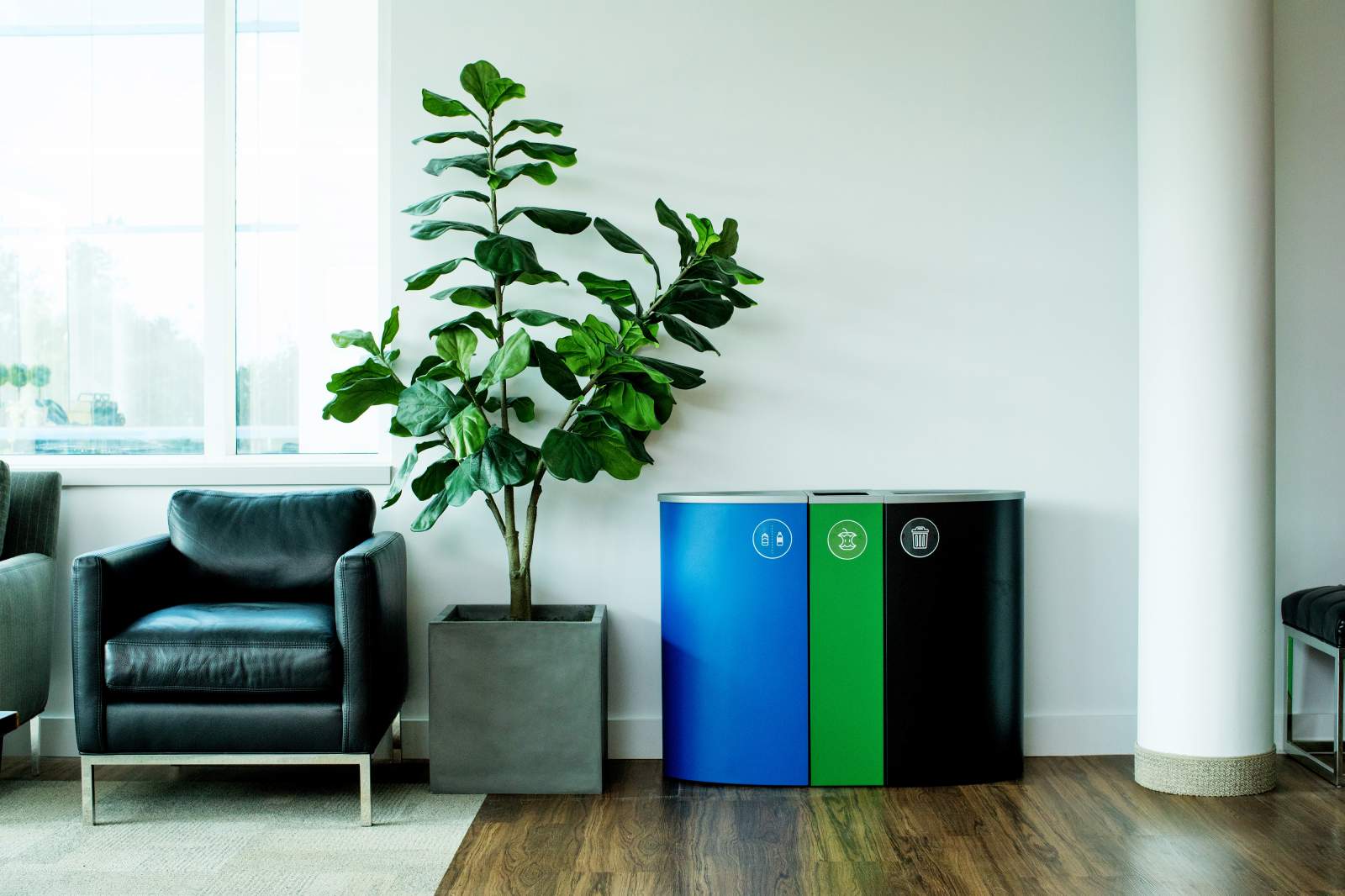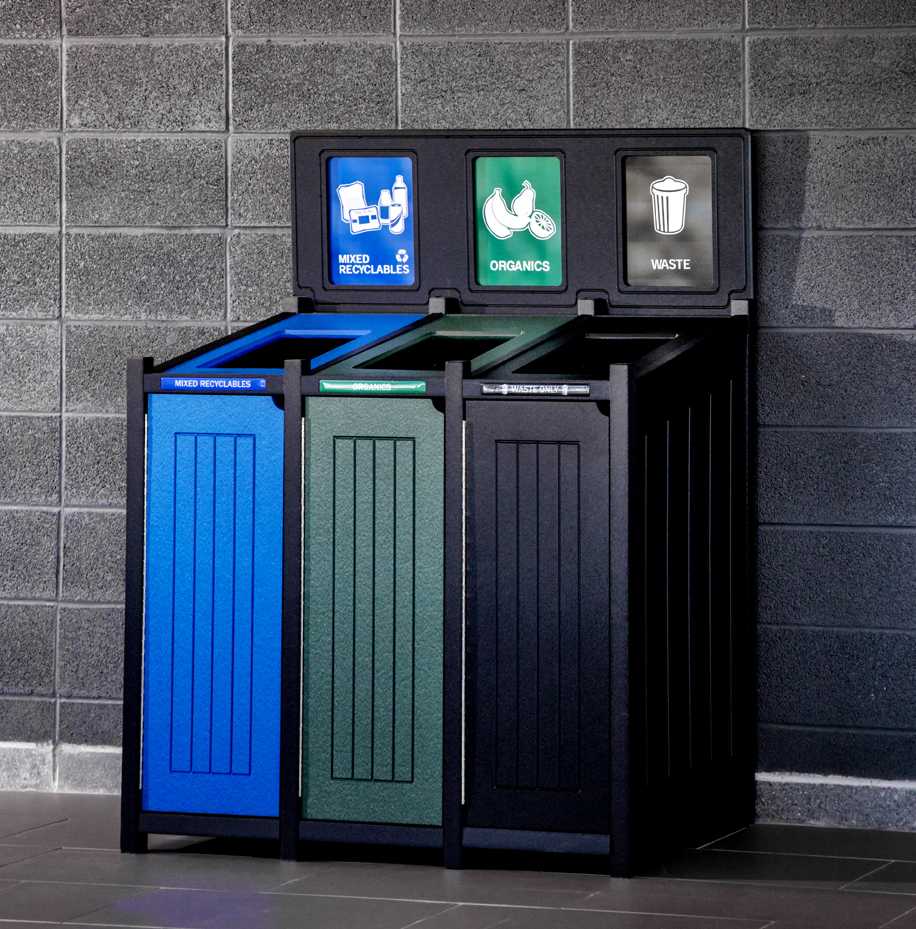Being raised on a family farm was such a wonderful way to grow up, I learned firsthand where the food we ate came from.
My Mom kept a huge garden with a variety of vegetables, herbs and small fruits. We had 200 Rhode Island Red Chickens and sold their fresh eggs. The free-range chickens thrived, which showed with the size of brown eggs they laid. These eggs were huge; Much larger than the extra-large eggs in grocery stores today.
My Dad had 15 acres of potatoes which we also sold. Between hay season at the beginning of July and grain harvest season in the middle of August, was potato season for my brother and I. For three weeks we hoed the weeds out from among the potato plants, and my Dad paid us by the row. It was a win-win situation. For my Dad, the fields were free of weeds without the use of weed killers, and I was able to save money.
My Dad grew three varieties of potatoes out of over one hundred varieties that are available to be grown in Canada's climate. The one type of potato you will always find in the supermarket is the Russet Burbank. This is a shame because there are so many unique, beautiful varieties that are undiscovered.
This is a common occurrence of nearly every type of fresh produce grown in Canada. There is an enormous variety that can be grown, but you only see superficial choices in the supermarket. As consumers we become ignorant to what could be available. Supermarket chains often have long-term contracts with growers and suppliers. It is common that the produce we buy in the supermarket is not locally produced but grown on a field possibly hundreds of miles away.
To top it all off, according to author Dawn Gifford of Small Footprint Family, in the supermarket, 55% of lettuce, 75% of tomatoes, and 85% of peppers are GMO (Genetically Modified Organism). A high percentage of supermarket beans, cucumbers, squash, melons, broccoli, cabbage, spinach, and peas are also GMO.
So how do we add variety to our diet, and some zest to our taste buds?
Finding a local organic gardener is a sure way of finding produce not readily available in the chain supermarkets. You could also grow your very own varieties of fresh produce. It is my recommendation to find seed companies that have taken the Safe Seed Pledge. The Safe Seed Pledge is a voluntary, unregulated commitment where companies promise their seeds are tested and free of GMO's.
The pledge reads as follows: "Agriculture and seeds provide the basis upon which our lives depend. We must protect this foundation as a safe and genetically stable source for future generations. For the benefit of all farmers, gardeners, and consumers who want an alternative, we pledge that we do not knowingly buy or sell genetically engineered seeds or plants. The mechanical transfer of genetic material outside of natural reproductive methods and between genera, families or kingdoms, poses great biological risks as well as economic, political, and cultural threats. We feel that genetically engineered varieties have been insufficiently tested before public release. More research and testing are necessary to assess the potential risks of genetically engineered seeds further. Further, we wish to support agricultural progress that leads to healthier soils, genetically diverse agricultural ecosystems and ultimately people and communities."
Variety is the spice of life. When we go out of our way to purchase or grow special and unique varieties of produce, it promotes plant diversity and helps protect the continuation of unique species for years ahead.
Did you find this Page helpful?



















